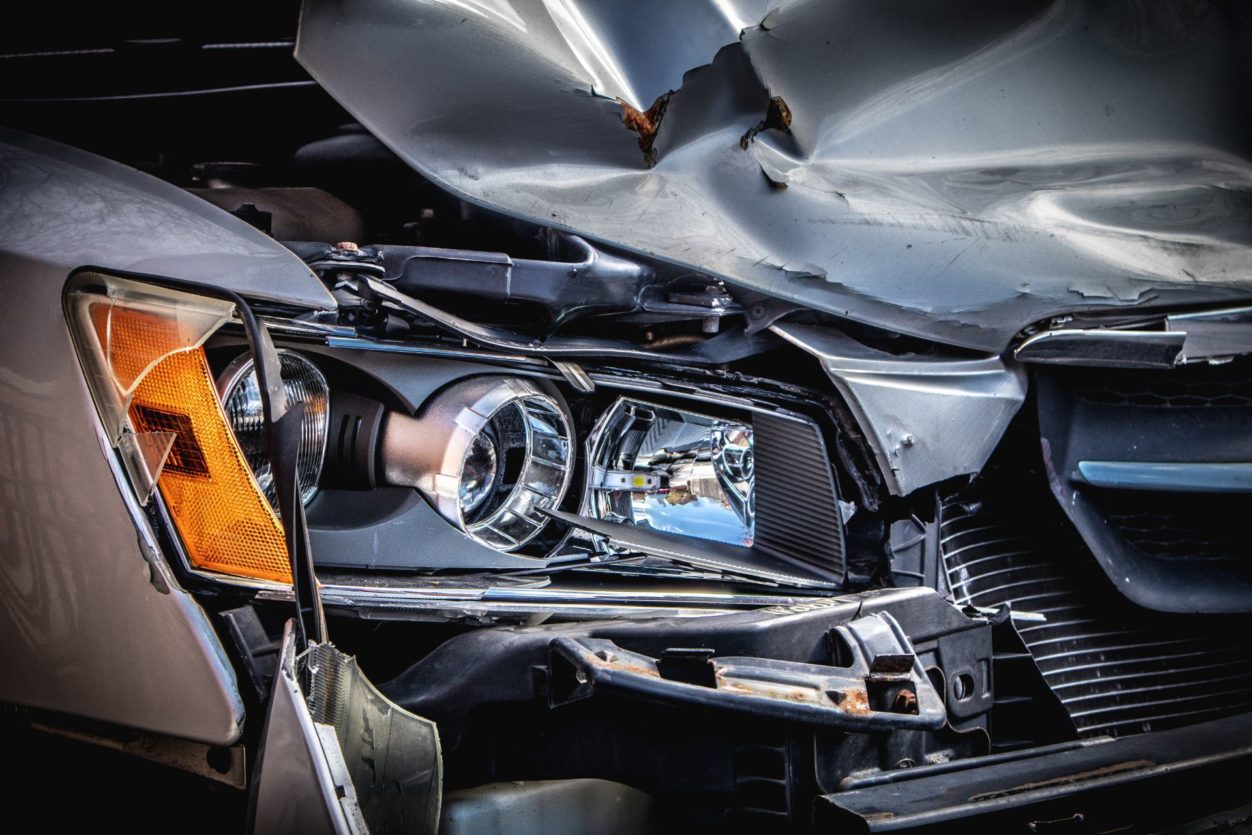Article by: Erika M. Swinton and Andrew Prior
Obtaining compensation for injuries sustained in a motor vehicle accident can be frustrating. Careful documentation of the accident, your injuries, and related expenses helps ease the frustration. There are two main types of compensation arising from an accident, and both require proof of your losses.
Types of compensation
First, you may be entitled to accident benefits through your ICBC insurance policy, also known as “no-fault benefits” or “Part 7 benefits”. Accident benefits are available regardless of fault. Up to $150,000 of accident benefits are available to cover medication, rehabilitation, and lost wages and employment benefits.
Second, if another driver is at fault, you may seek compensation from that driver for the expenses and losses associated with your injuries, such as pain and suffering, medical expenses, and past and future wage losses. If you succeed in your claim, either through negotiations or at trial, the driver’s third party insurance pays you (if the driver is insured in BC, their primary insurer will be ICBC), less the amount you already received from your own accident benefits. If the driver’s insurance policy is insufficient to cover your losses, he or she may be personally liable.
Regardless of whether you are claiming accident benefits under your own ICBC policy or suing to access the other driver’s third party insurance under his or her ICBC policy, careful documentation and organization of relevant records assists your claim.
Document everything
At the scene of the accident, write down the full names, addresses and phone numbers of the other driver, those involved in the accident, and witnesses. Obtain the other driver’s license and license plate numbers, car make and model information, and insurance policy numbers. Note the date, time, and location of the accident. Note the speed limits, traffic signs, and road and weather conditions. Take photos of the vehicles, impact location, and surrounding area. Contact the police and provide them with details of the accident. The police report provides formal documentation of the accident.
Visit your doctor regarding injuries sustained in the accident, even if they arise days after the accident. The doctor’s notes will create formal records of your injuries. Keep receipts from medication and rehabilitation, such as physiotherapy sessions. Make sure to follow up with your doctor if your injuries continue to affect you during the months or years after the accident.
Document any work missed due to your injuries, or the impact your injuries had on your work. If you sustained long-term injuries, continue documenting this information over the following months or years. Organize your pay stubs and tax documents for the years prior to and after the accident. Note the impact of your injuries on your housekeeping, family life, social life, and activities.
Speak with a lawyer
Finally, speak to a lawyer as soon as possible. A lawyer can assist you with record keeping and you should speak to counsel before signing anything presented to you by an insurance company.
While taking notes and gathering documents is not a natural response at the time of an accident, or even in the following days, months, and years of living with an injury, this documentation will facilitate the claims process and assist in ensuring you are appropriately compensated.
The information provided above is for educational purposes only. This information is not intended to replace the advice of a lawyer or address specific situations. Your personal situation should be discussed with a lawyer. If you have any questions or concerns, contact a legal professional.

